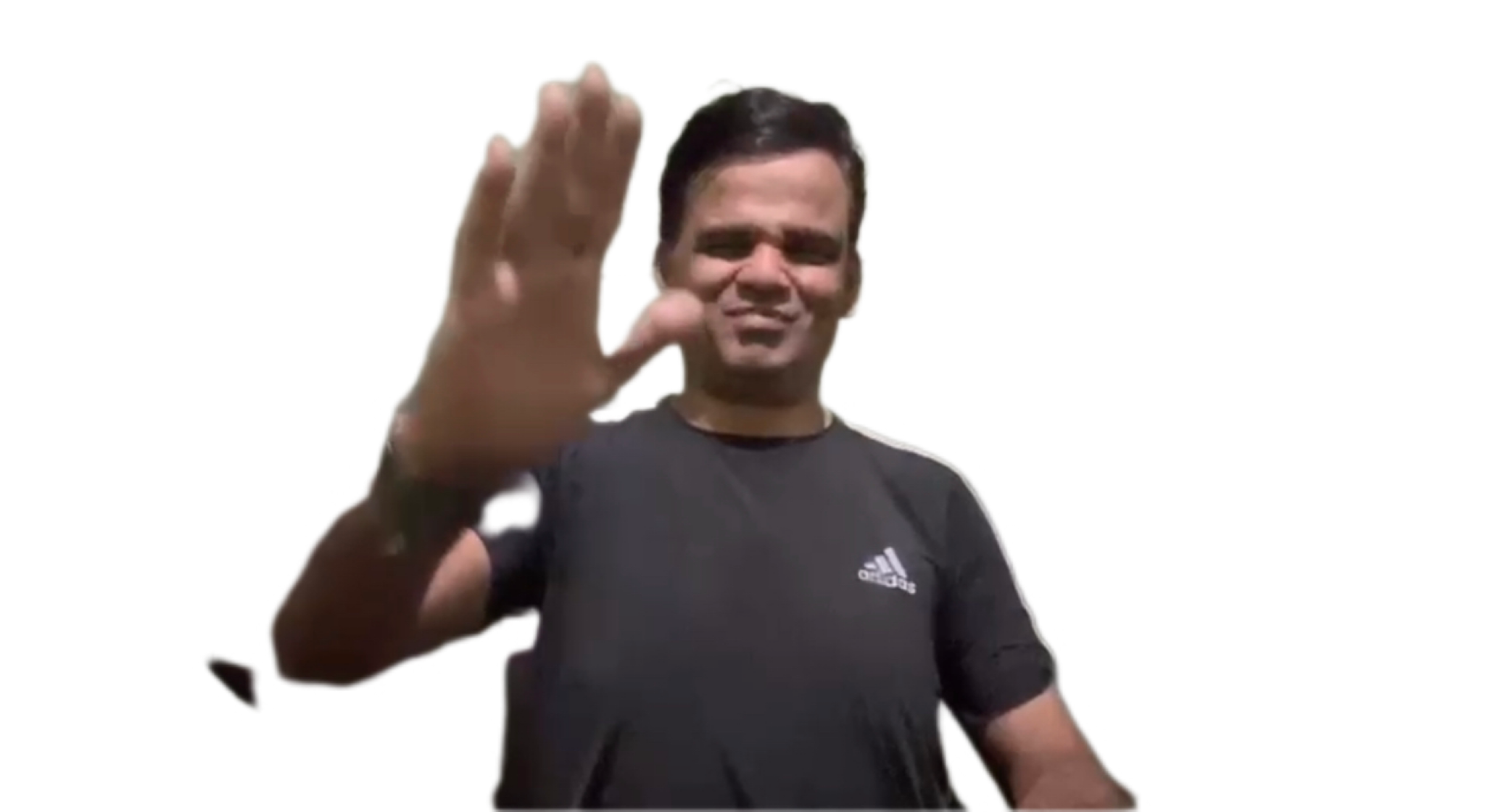Dear Sisters, Brothers, Deaf and Deafblind Friends,
I hope this message finds you well. As the founder of the Society for the Empowerment of the Deaf-Blind and a disability rights activist, I wanted to share an update with all of you. I am deafblind, and recently, I went to Khadki Railway Station in Pune with my deaf interpreter to book a railway ticket.
During this process, we encountered a challenge as my deaf interpreter was not proficient in Marathi and English, only in Indian Sign Language. Despite this language barrier, I assisted him in filling out the reservation form, and it was a learning experience for both of us. I believe that empowering deaf interpreters with the skills to fill forms and book tickets can greatly benefit deafblind applicants in India.
Despite the difficulties, we faced in the queue, I urged my interpreter to approach the counter quickly. However, we encountered resistance, and it became necessary to seek assistance from the people around us. Deafblind individuals often find it challenging to stand in long queues, and I observed that even the Railway Police Force remained silent observers.
During the ticket booking process, I was asked for a smart card instead of a railway concession certificate. I explained that as a deafblind person, applying for it online posed significant challenges due to barriers and lack of accessibility for deafblind people in India.
In light of my experiences, I would like to propose the following recommendations:
1.
Accessibility in Education: The Government of India should provide accessibility for deaf and deafblind people, including tactile and non-tactile signing interpreters for education, especially in higher education.
2.
Interpreting Service Fee: The government should consider funding interpreting service fees and salaries to assist deaf applicants in filling forms and booking tickets for public transportation.
3.
Access to Healthcare: Government support should extend to providing interpreters for deaf and deafblind individuals when consulting civil hospitals, obtaining appropriate disability certificates, and applying for the Unique Disability ID (UDID).
4.
Job Opportunities: The government should facilitate the submission of job applications for deaf and deafblind applicants at both government and private companies, ensuring access to interviews.
I appreciate your patience in listening to my experiences and advocating for our rights through various channels, including social media. Your support is invaluable in raising awareness and fostering change.
Yours sincerely,
Zamir Dhale
Founder Director and Consultant
SEDB India
Asian Representative- World Federation of the deafblind(WFDB)
Experience of DeafBlind people regd. Public Transportation- Zamir SEDB




I come yes funny self deaf proud..
I want join
Thanks Lal. Welcome please keep WhatsApp message 9998751125